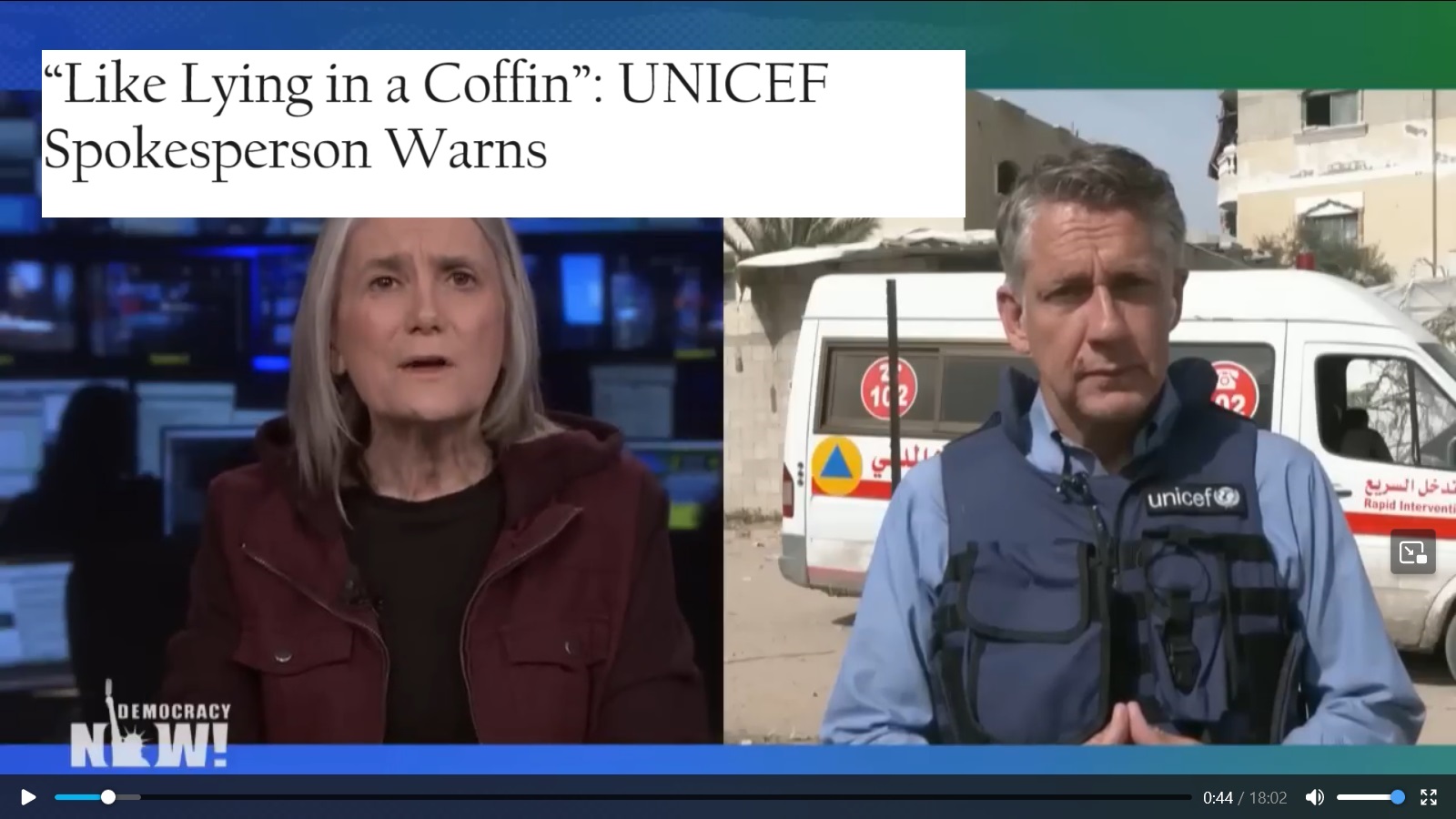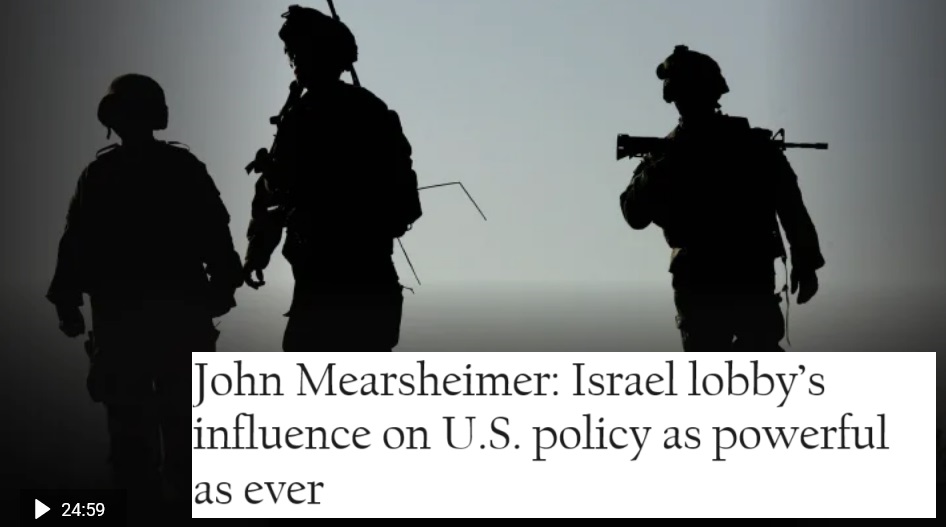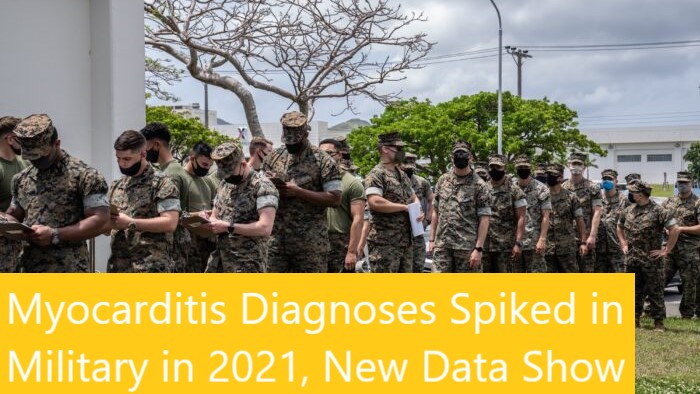 Former Minnesota Governor Jesse Ventura vehemently savaged the official 9/11 story on a syndicated national radio show today, saying the WTC collapsed like a controlled demolition and was pulverized to dust as he also highlighted the impossible 10 second free fall speed of the towers.
Former Minnesota Governor Jesse Ventura vehemently savaged the official 9/11 story on a syndicated national radio show today, saying the WTC collapsed like a controlled demolition and was pulverized to dust as he also highlighted the impossible 10 second free fall speed of the towers.
Appearing on The Alex Jones Show, Ventura said that his initial reaction to 9/11 was much like most people at the time, and he accepted the official story outright, a response he now regrets because he was in a position of power and could have used it to raise a lot of pointed questions.
"I kicked myself when it initially happened that the light didn't go off but I was so shocked that this thing had even taken place that I apologize for not being more aware," said Ventura, adding that watching Loose Change at the insistence of his son was part of the catalyst for his wake up call.
Host Alex Jones is executive producer of Loose Change (get it here), the most watched Internet movie of all time. Ventura said he ran through a rollercoaster of emotions when he saw the film.
"When I finally did watch it I went through every emotion you could imagine, from laughing, crying, getting sick to my stomach, to the whole emotional thing," said the former Governor.
"To me questions haven't been answered and are not being answered about 9/11," said Ventura, before highlighting the collapse of Building 7, a 47-story tall skyscraper that was not hit by a plane but collapsed in its own footprint in the late afternoon of September 11.
Click to read more...
 Thursday, April 3, 2008 at 01:06PM
Thursday, April 3, 2008 at 01:06PM 







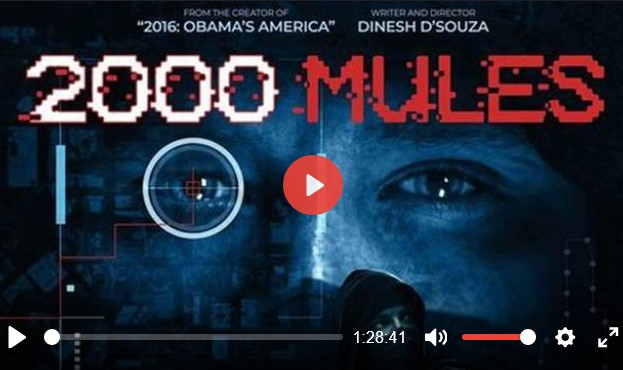









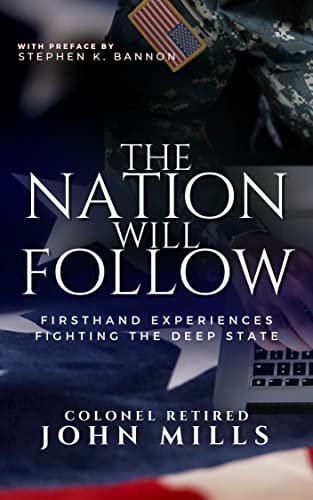
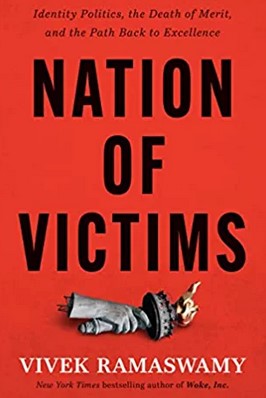
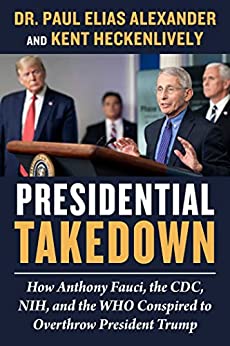

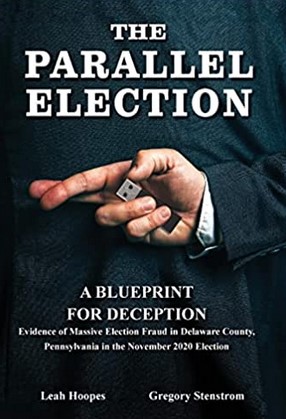


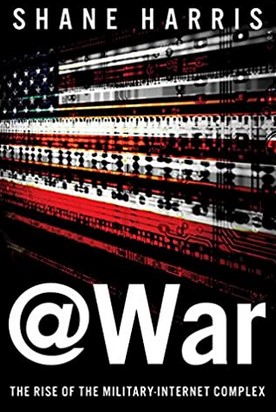




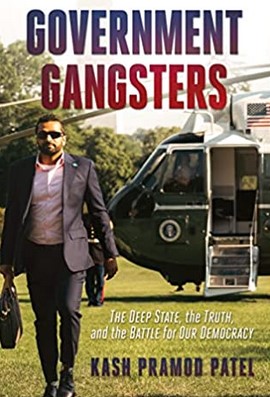
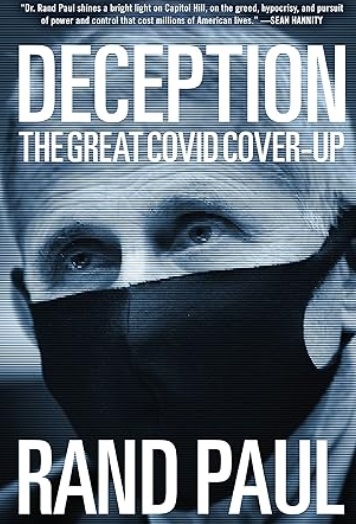







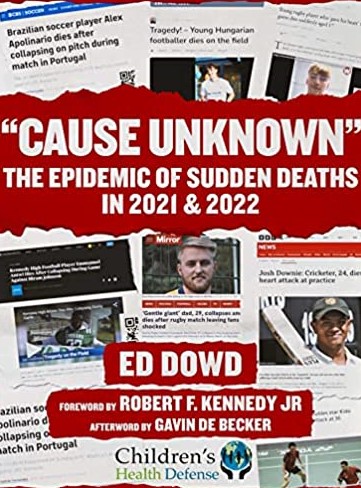


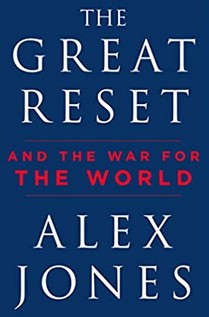

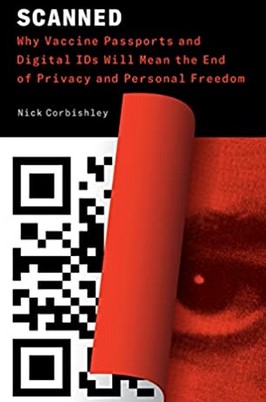








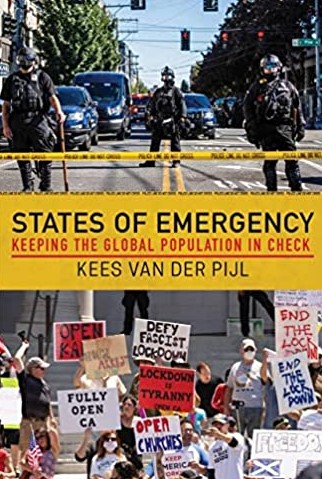










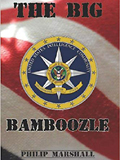


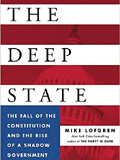
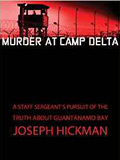



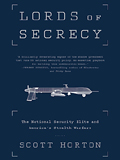



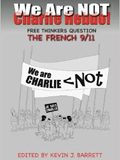



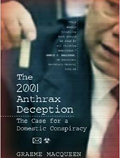


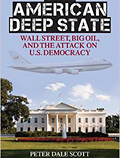


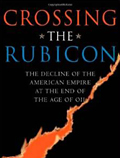
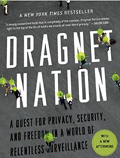




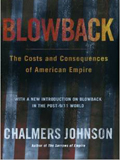




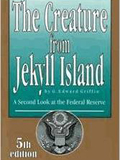





 Former Minnesota Governor Jesse Ventura vehemently savaged the official 9/11 story on a syndicated national radio show today, saying the WTC collapsed like a controlled demolition and was pulverized to dust as he also highlighted the impossible 10 second free fall speed of the towers.
Former Minnesota Governor Jesse Ventura vehemently savaged the official 9/11 story on a syndicated national radio show today, saying the WTC collapsed like a controlled demolition and was pulverized to dust as he also highlighted the impossible 10 second free fall speed of the towers.  The Defense Department has announced a new get-tough policy with colleges and universities that interfere with the work of military recruiters and Reserve Officer Training Corps programs.
The Defense Department has announced a new get-tough policy with colleges and universities that interfere with the work of military recruiters and Reserve Officer Training Corps programs. Setting a withdrawal timetable from Iraq might be a shaky strategic move, but it would provide a morale boost for service members and their families, a former Army War College commandant said Wednesday.
Setting a withdrawal timetable from Iraq might be a shaky strategic move, but it would provide a morale boost for service members and their families, a former Army War College commandant said Wednesday. Late in the day on 9/11, CNN put out a story that began: “Barbara Olson, a conservative commentator and attorney, alerted her husband, Solicitor General Ted Olson, that the plane she was on was being hijacked Tuesday morning, Ted Olson told CNN.” According to this story, Olson reported that his wife had “called him twice on a cell phone from American Airlines Flight 77,” saying that “all passengers and flight personnel, including the pilots, were herded to the back of the plane by armed hijackers. The only weapons she mentioned were knives and cardboard cutters.”
Late in the day on 9/11, CNN put out a story that began: “Barbara Olson, a conservative commentator and attorney, alerted her husband, Solicitor General Ted Olson, that the plane she was on was being hijacked Tuesday morning, Ted Olson told CNN.” According to this story, Olson reported that his wife had “called him twice on a cell phone from American Airlines Flight 77,” saying that “all passengers and flight personnel, including the pilots, were herded to the back of the plane by armed hijackers. The only weapons she mentioned were knives and cardboard cutters.” A proposal to take genetic material from people charged with certain crimes cleared the legislature yesterday(4-1-08) after weeks of debate.
A proposal to take genetic material from people charged with certain crimes cleared the legislature yesterday(4-1-08) after weeks of debate. The military is using the FBI to skirt legal restrictions on domestic surveillance to obtain private records of Americans' Internet service providers, financial institutions and telephone companies, the ACLU said Tuesday.
The military is using the FBI to skirt legal restrictions on domestic surveillance to obtain private records of Americans' Internet service providers, financial institutions and telephone companies, the ACLU said Tuesday. Stuck on the tarmac, flipping through a travel magazine, you're struck by the blurb for metal-lined wallets. Purpose: to prevent digital pickpocketing by blocking radio frequencies.
Stuck on the tarmac, flipping through a travel magazine, you're struck by the blurb for metal-lined wallets. Purpose: to prevent digital pickpocketing by blocking radio frequencies.  Ben S. Bernanke, the chairman of the Federal Reserve, presented his bleakest assessment yet of the economy on Wednesday morning, warning a Congressional committee that economic growth was likely to stagnate — and perhaps even contract — over the first half of the year.
Ben S. Bernanke, the chairman of the Federal Reserve, presented his bleakest assessment yet of the economy on Wednesday morning, warning a Congressional committee that economic growth was likely to stagnate — and perhaps even contract — over the first half of the year. Dozens of Gaza residents have died waiting for medical treatment because of delays in obtaining permits to enter Israel, combined with a crumbling health system in Gaza, the World Health Organization said Tuesday.
Dozens of Gaza residents have died waiting for medical treatment because of delays in obtaining permits to enter Israel, combined with a crumbling health system in Gaza, the World Health Organization said Tuesday.  The International Monetary Fund will next week forecast that the US economy will go into recession this year, a German newspaper reported Tuesday, citing an upcoming report.
The International Monetary Fund will next week forecast that the US economy will go into recession this year, a German newspaper reported Tuesday, citing an upcoming report.